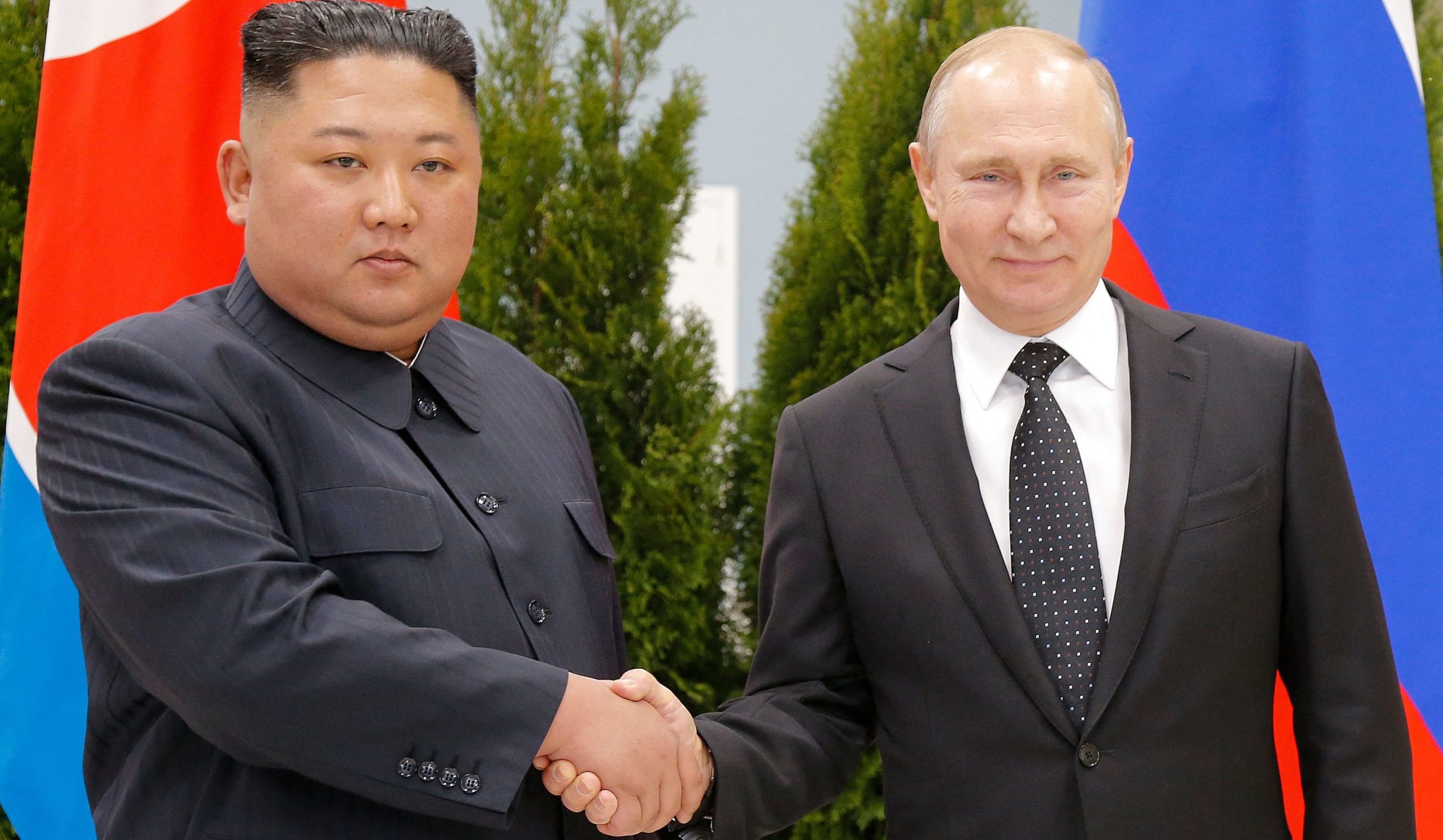Crises are engulfing international politics, most recently with Russia’s blatant disregarding of international law in Ukraine and with North Korea’s consistent breaching of the nuclear non-proliferation norm. But at a time when states are acting outside of the rules-based system, our main forum for regulating these violations, the UN, is demonstrating its limited power to enforce or control rogue behaviour.
That international institutions remain tools of great power politics is far from uncontroversial. The UN developed the Responsibility to Protect (R2P) doctrine in the early 2000s, designed to bind member states to ending violence and persecution. Yet, despite enshrining normative standards for state behaviour, R2P’s impotency was confirmed whenever the UN Security Council had to make decisions: its permanent members displayed formidable inertia during the ongoing Syrian Civil War, for instance. The UN remains paralysed by the form of its foundation: created and led by states, for states. But it was always going to be this way, and we must accept this reality.
The UN’s inability to discipline North Korea over the years forms a further case study of this failure in practice. Next January marks the twentieth anniversary of North Korea’s notorious withdrawal from the Non-Proliferation Treaty (making it the only state to have joined and withdrawn from the Treaty). But last week, North Korea assumed the chair of the Conference on Disarmament. This is a multilateral forum with links to — but officially independent from — the United Nations, aiming to negotiate arms control and disarmament. Global nuclear disarmament is becoming little more of a liberal pipe dream and even North Korea realised the farcical nature of this Conference.
Its ambassador to the UN, Han Tae Song, instead used the occasion to regurgitate Pyongyang’s age-old diatribe against its adversaries, exclaiming: “My country is still at war with the United States.” And only yesterday, Kim Jong Un expressed his “full support” for Vladimir Putin, euphemistically justifying Putin’s invasion as a “just cause of defending the dignity and security” of Russia. This was a rare but telling reaffirmation of North Korea’s rhetorical support for its former Cold War patron which, in 2014, agreed to write off nearly 90% of the North’s Soviet-era debt, amounting to over $10 billion.
UN sanctions have done little to prevent North Korea from accelerating its nuclear and missile development, as demonstrated by this year’s flurry of missile testing. The North ordered the United Nations’ nuclear agency’s inspectors out of the country in 2009, and unless the terms are to the DPRK’s favour, they are unlikely to return any time soon.
Pyongyang’s egregious violations of its population’s human rights continue. Any actual change remains in the hands of states, rather than the United Nations. As John Mearsheimer once posited, international relations reflects the “tragedy of great power politics”. With the UN sometimes resembling little more than a talking shop, the North Korean case leads us to ask how we can dampen the self-interested desires of states both within and without international institutions, if they refuse to play by the rules.











Join the discussion
Join like minded readers that support our journalism by becoming a paid subscriber
To join the discussion in the comments, become a paid subscriber.
Join like minded readers that support our journalism, read unlimited articles and enjoy other subscriber-only benefits.
Subscribe